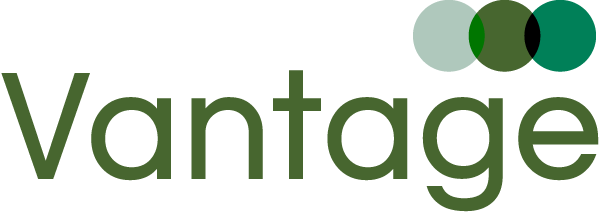As we emerge from the pandemic, the ‘to do’ list of most social housing executives is substantial. Building safety, stock decarbonisation, development, housing white-paper response and navigating the post-Brexit world will all be priority focus areas. Then there are the challenges of supporting staff as they return to the workplace, and the economic and social consequences of the post-covid environment, with growing waiting lists and increased arrears, and many residents needing support at a difficult time.
With resources stretched, many organisations will look externally to increase capacity – in many cases from interims.
Interims have become a vital resource for delivering business transformation and service improvement. Engaging highly skilled interims, be it from a housing or ‘out of sector’ background, has helped organisations evolve and achieve their strategic objectives.
So how can you position your organisation to attract the best interim talent in the market while minimising your financial outlay?
1. Provide a clear brief
Articulate exactly what you need an interim to deliver for you, including specific outcomes and timescales. You’ll attract an interim with the appropriate skills and experience and you’ll save money as they won’t have to spend time unpicking what needs to be done. You can also refer to the brief at project milestones and the end of assignment review to demonstrate return on investment.
2. Ensure everyone is on the same page
Problems can occur if key stakeholders don’t know what the interim has been engaged to do, or have differing views on what needs to be delivered. This can impact the success of the project and cause friction, delays and increased costs. Involve key members of the team in designing the brief and at a minimum share the project overview.
3. Plan ahead
Where possible look for an interim in advance of your need for them. Often, the ideal interim will be engaged on another project, so planning ahead increases your chances of securing them for their next assignment.
4. Limit unnecessary meetings
Interims are usually engaged to deliver a project with a defined scope and, therefore, other business that doesn’t affect or interact with that project is largely irrelevant. Inviting interims to meetings where the project is not central to discussions is a waste of your time and theirs and can be a source of frustration.
5. Assess each interim assignment for ‘IR35’ status
As well as being important for off-payroll (IR35) compliance, assessing each assignment creates a positive impression to the interim market that your organisation takes a fair approach to determining IR35 status. Accurately assessed ‘outside of IR35’ assignments are attractive to the interim market, and some interims will only entertain ‘outside’ assignments, but many are flexible and happy to consider roles determined to be ‘inside’. Using a robust assessment tool gives everyone confidence that the status of an assignment has been correctly determined.
If you’re using an agency to provide interim resource, satisfy yourself that they have the appropriate knowledge and procedures in place to support you with IR35. While it is the hirers responsibility to determine status, the agency should be keen to verify that the determination has been accurately arrived at using an appropriate assessment tool.
Find out more
Vantage are a specialist consultancy services and interim provider to the social housing sector. For more information please contact Rob Bryan at rbryan@yourvantage.co.uk

